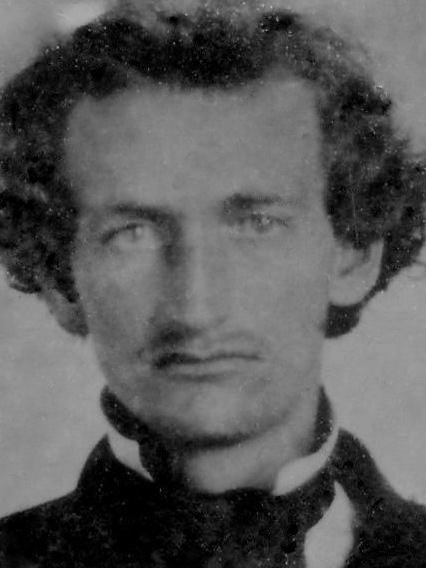Content deleted Content added
Line 57: Hinds found himself referred to as a [[carpetbagger]], a pejorative term used by conservative Southerners to describe Northerners who moved south during [[Reconstruction Era|Reconstruction]]. As with many Northerners, Hines likely did not understand the deep-seated feelings of resentment whites held toward freedmen and Northerners supporting civil rights for liberated slaves. He felt that following the [[Emancipation Proclamation]], freedmen in the South should enjoy the same liberties as in the North, and did not anticipate rigid resistance from conservative whites. These sentiments were later eulogized by [[Logan H. Roots]], another transplant from the North who would represent Arkansas during Reconstruction. However, measures to block freedmen from voting and racial violence indicated that many in the state still did not yet accept freedmen's new civil rights. Hinds quickly formed a law practice with [[Elisha Baxter]], one of the state's leading Unionists. During Reconstruction, the reestablished government was almost entirely Republican, and the few prominent Unionists such as Baxter received important political appointments. Baxter himself had been selected to serve on to the [[Arkansas Supreme Court]] by the newly established government, and was later sent to represent Arkansas in Congress, though he would not be seated. In October, 1867, Hinds was elected to be a delegate at Arkansas's 1868 Constitution Convention. An early proponent of suffrage rights for freedman, when the convention opened in January, 1868, he was made Chairman of the Committee on the Elective Franchise. The new constitution that emerged that February, ratified in March, provided voting rights for black males over 21, and for the creation of public schools for both black and white children. Elected to Congress early that year, Hinds went to Washington D.C. in April, 1868, where he arranged for Arkansas to be the first state to rejoin the union under the 1867 Reconstruction Acts. Returning to Arkansas in August, he campaigned vigorously for Republican presidential candidate Grant, and for civil rights for former slaves. Hinds's views on the latter, particularly voting rights for African Americans, incensed conservative Arkansans and the Klu Klux Klan. He was murdered while traveling to speak at a campaign event near Indian Bay, Arkansas. The killer, George Clark, Secretary of the Monroe County Democratic Committee and suspected Klansman, was never arrested or prosecuted. ==Death== | |||
 Article Images
Article Images